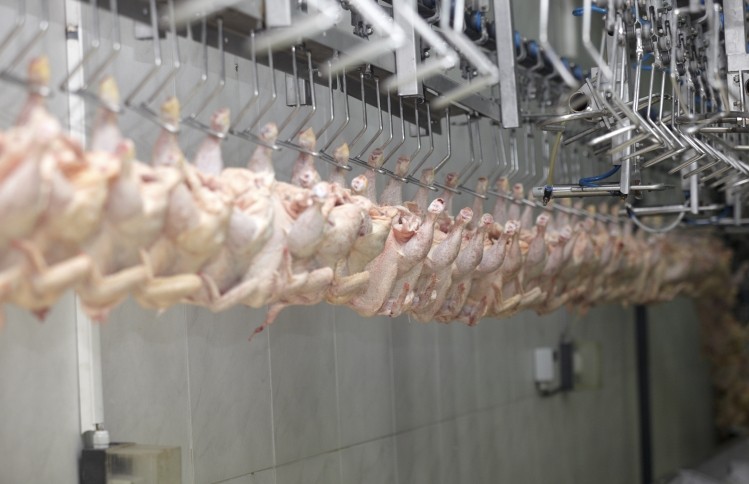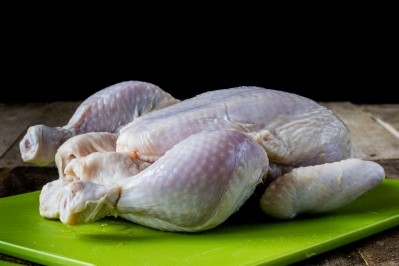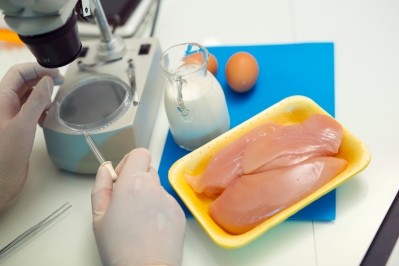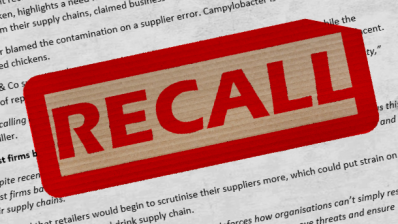FSA to stop reporting on top supermarkets’ campylobacter

The FSA has agreed for the top nine retailers to publish their own campylobacter results on their respective consumer websites. The sampling and analyses carried out by the retailers will follow FSA protocols to ensure that the published results are comparable.
The watchdog will still receive full access to the retailers’ campylobacter testing results, allowing it to continue to monitor levels of contamination.
The FSA said: “[We] will have access to the raw data from each retailer in order to verify the samples and to determine industry averages. We reserve the right to comment publically on the results.
“If there is any discrepancy between what the retailers publish and what it says in our data, we’ll be able to flag that. We still have all the information at our hands – it’s simply that the nine major retailers will self-publish.”
Further improvement could be made
The FSA said it would now focus its efforts on smaller businesses, where it felt further improvement could be made in tackling campylobacter contamination.
The watchdog added: “The increased focus on these suppliers will allow the improvements made by the larger chains to be extended across the whole supply chain.
“The focus for the fourth year of the retail survey will therefore be on smaller retailers, independent traders and market stalls as these are more likely to be supplied by smaller processors.”
The FSA said it would work with smaller processors that might not have made the same level of improvements at their poultry suppliers and with their processing lines as the bigger manufacturers.
Work with smaller processors
The results from this year’s FSA survey of campylobacter on fresh shop-bought UK-produced chicken found, on average, 6.5% of chickens tested positive for the highest level of contamination – over 1,000 colony forming units per gram – down from 9.3% last year.
Commenting on the results in June, FSA chair Heather Hancock said: “It is good to see that levels continue to go down as this indicates that the major retailers and processors are getting to grips with campylobacter.
“These results give us a clear picture of the positive direction in which we are heading, and help us measure the impact of interventions that are being used to reduce contamination.”
Meanwhile, in July, Tesco’s recall of two chicken products – reportedly the first case of campylobacter found in cooked chicken – risked creating tension between suppliers and retailers, warned business consultancy Crimson & Co.















